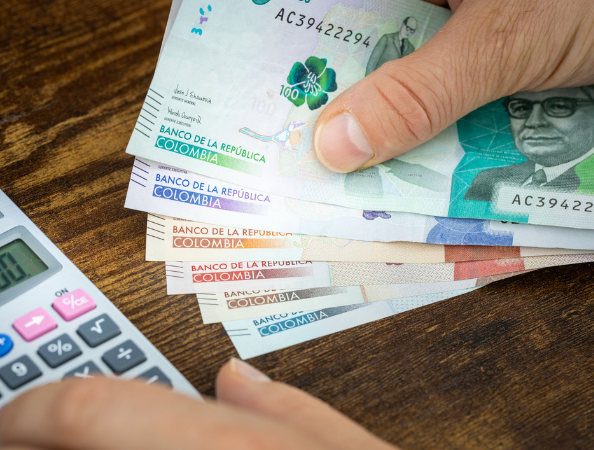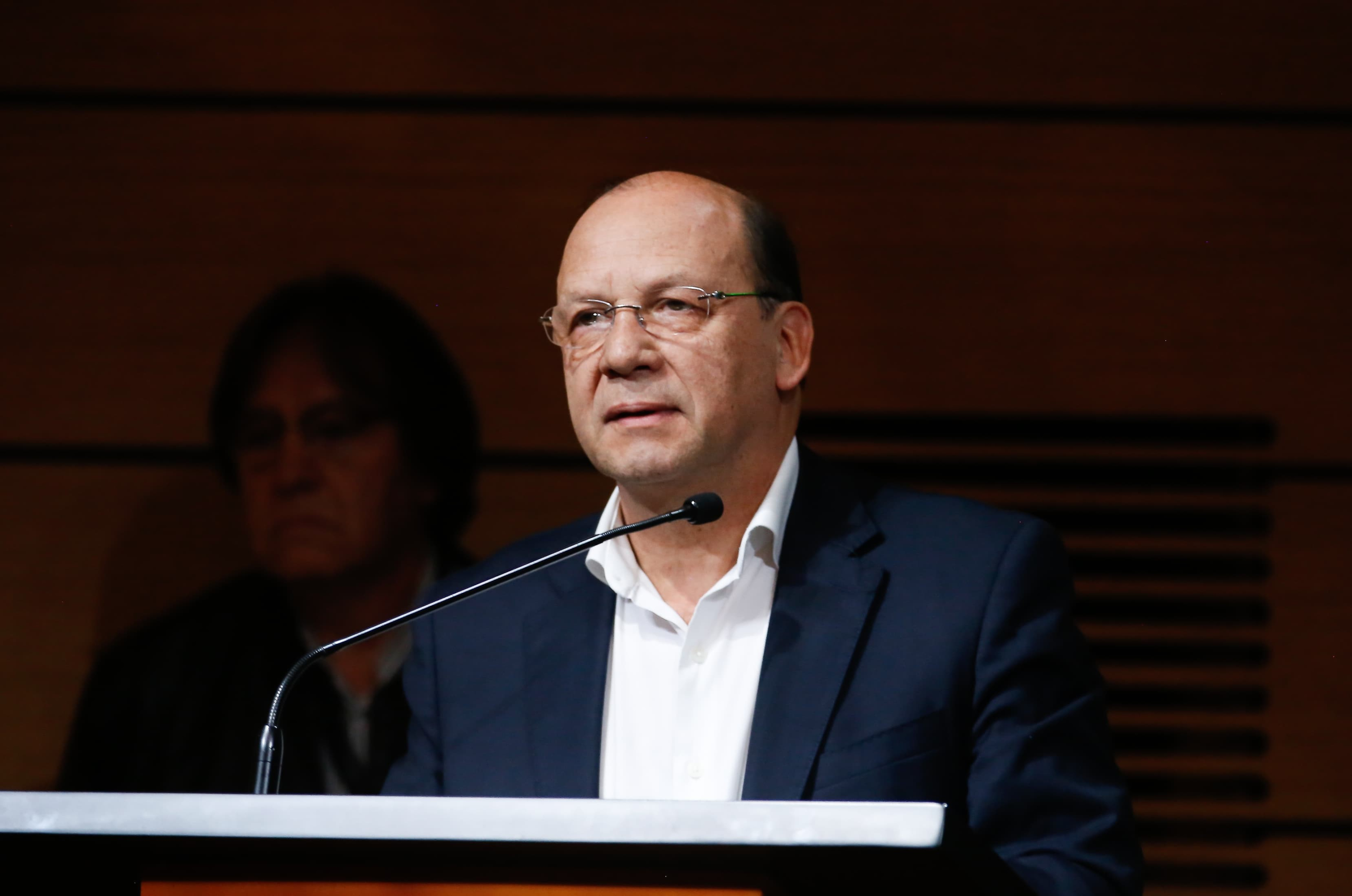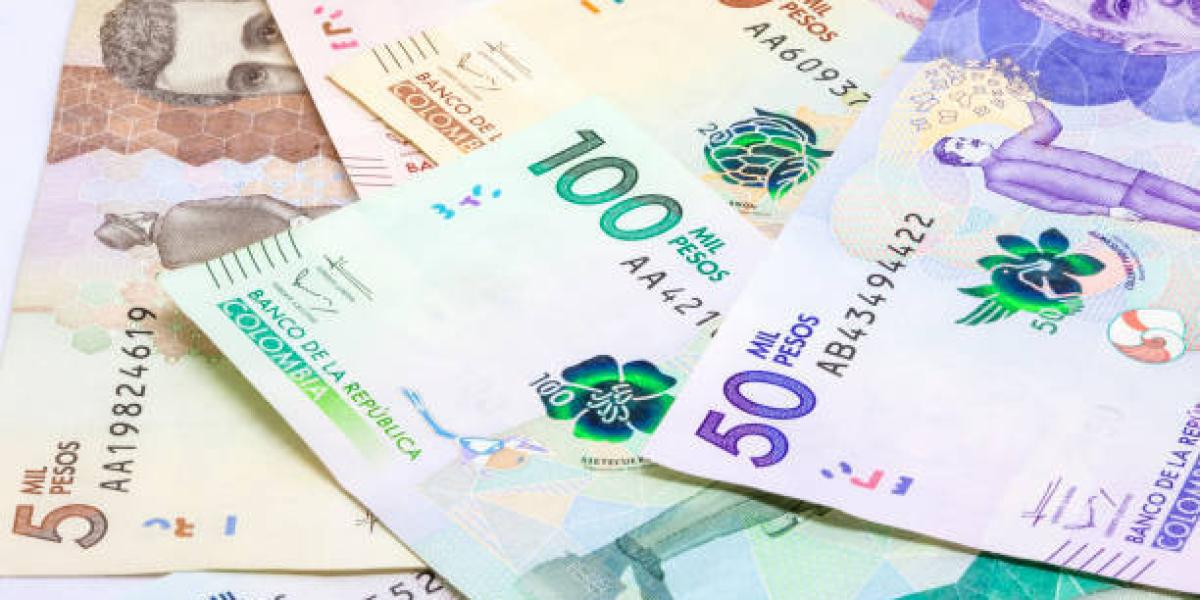Stabilizing public finances in 12 months: the major economic challenge facing Gustavo Petro's administration in its final stretch

In the remaining 12 months, the main economic challenge facing President Gustavo Petro 's government is to resolve, or at least alleviate, the complex fiscal problem that Colombia has been facing for several months.
And faced with increased spending that has not been offset by sufficient revenue collection, the decisions made will be crucial to stabilizing the country's finances and ensuring the viability of its major projects.
For this reason, the president of Anif, José Ignacio López, asserted that the national government's priority must be real spending cuts—not more postponements— especially in entities with low spending, such as Invías and the Ministry of Equality.
As of June 30, Invías had only executed 12.4 percent of its allocated budget, representing a 9.5 percentage point drop compared to the same period in 2024.

Photo: iStock
Former Finance Minister Juan Camilo Restrepo also agrees on the need to cut the 2025 General Budget in all those items that have been postponed and will not be funded by the end of the year.
Like Fedesarrollo, he believes this spending cut should be around 40 billion pesos, while the president of Anif estimates it at 30 billion pesos.
This cut should also include a maximum reduction in payroll expenses, since the significant increase in hiring is not justified at a time of fiscal difficulties.
These adjustments would help prevent a deficit as large as the 7.1 percent of GDP expected for 2025 next year, which led Moody's and Standard & Poor's to downgrade Colombia's debt rating.
Looking ahead to 2026, the most prudent course of action would be to avoid counting on the 26.3 trillion pesos the National Government hopes to raise through a new tax reform, because the chances of it being approved by Congress are minimal.

Germán Ávila, Minister of Finance. Photo: Néstor Gómez, EL TIEMPO
The budget submitted this week by the Ministry of Finance amounts to 556.9 billion pesos , 6.5 percent higher than the 523 billion pesos approved for 2025. Of this amount, 4.7 percent is contingent on the approval of the tax reform.
"It will be difficult to pass a new tax reform, especially given the current political situation in the country. It's better to try to find some additional revenue," said José Ignacio López.
To achieve a revenue of 26.3 trillion pesos, it would be necessary to consider a generalized VAT and eliminate several tax exemptions, but the government has said it is not reviewing these issues.
It will be difficult to approve a new tax reform
Added to this is the fact that many congressmen have publicly stated that it is unwise to impose more taxes on Colombians under the current circumstances. The Petro administration's first tax reform was approved at the end of 2022.
"If the government doesn't approve the tax reform, it's not because the parliamentarians are traitors to the people, but because they don't have the necessary majorities, as demonstrated in the recent election of the president of the Senate's Seventh Committee," said former minister Restrepo.

Photo: iStock
- GDP recovers: The economy has recovered and grew 2.7 percent in the first quarter of the year, driven primarily by the agricultural sector due to improved coffee prices.
- Unemployment decline: Although the unemployment rate has decreased, reaching 8.6 percent in June, this improvement is due to self-employment, mostly in the informal sector.
- Inflation on the decline: After reaching 13.34 percent in March 2023, the Bank of the Republic's decisions have allowed inflation to fall to 4.82 percent in June.

President Gustavo Petro. Photo: Presidency
- Natural gas crisis: By December 2024, Colombia lost its natural gas self-sufficiency and had to resort to imports to meet domestic demand.
- End of subsidies: The definitive suspension of "Mi Casa Ya" left 45,000 eligible households in limbo, further affecting the dynamics of the sector and its entire value chain.
- Rating downgrade: Moody's and Standard & Poor's downgraded Colombia's debt rating to Baa3 and BB, respectively, due to the country's fiscal deterioration.
eltiempo





